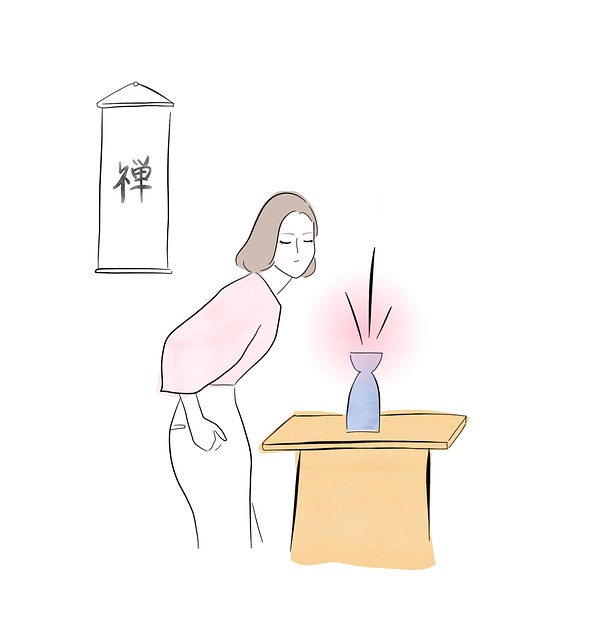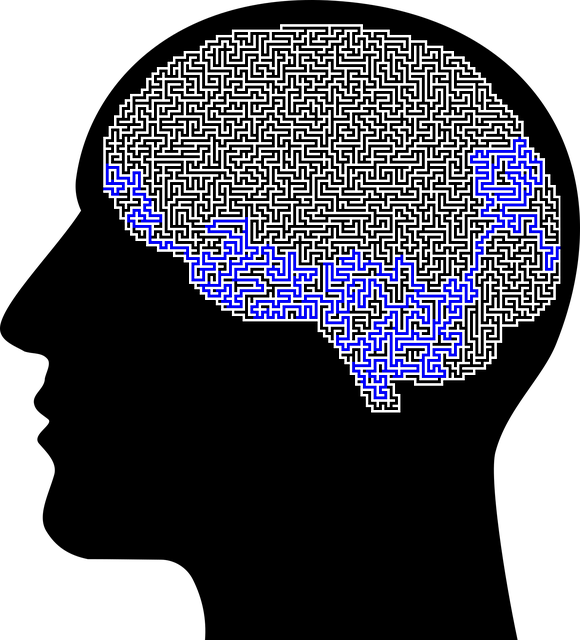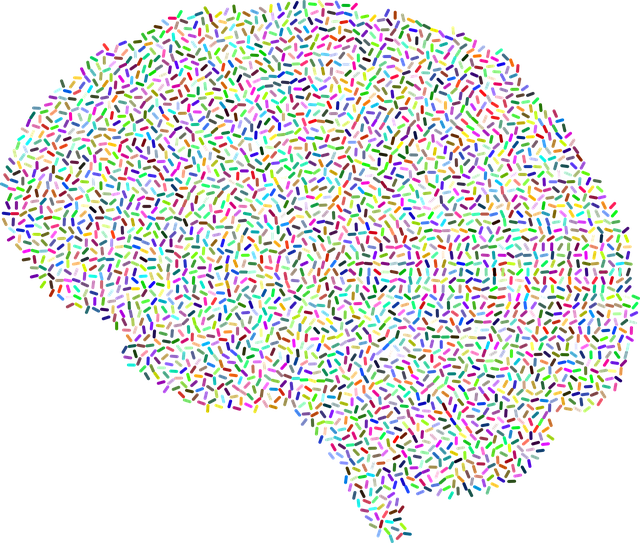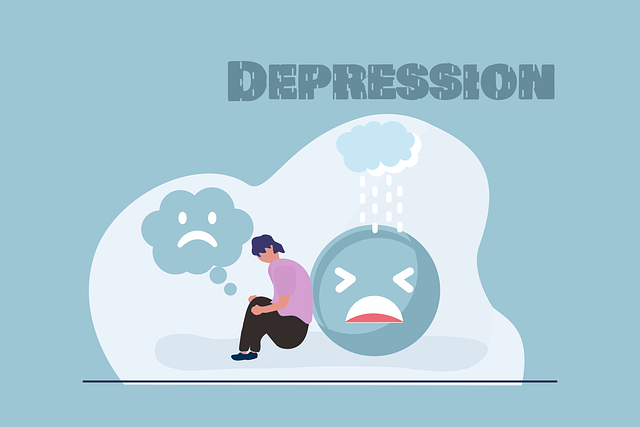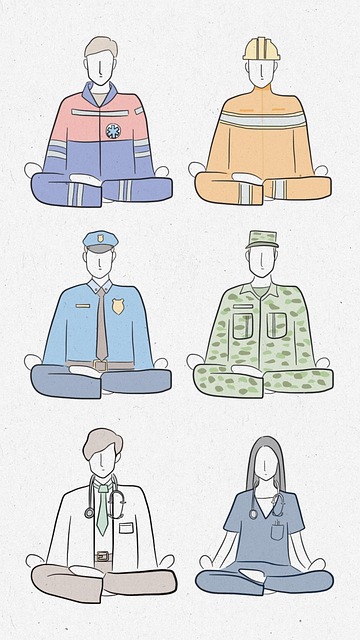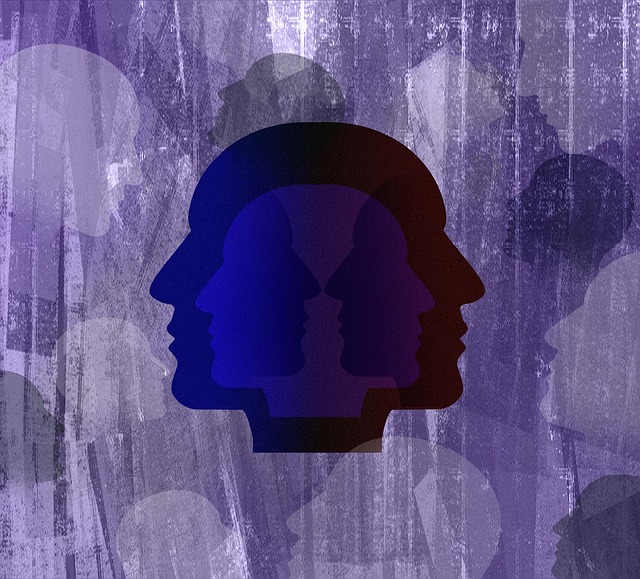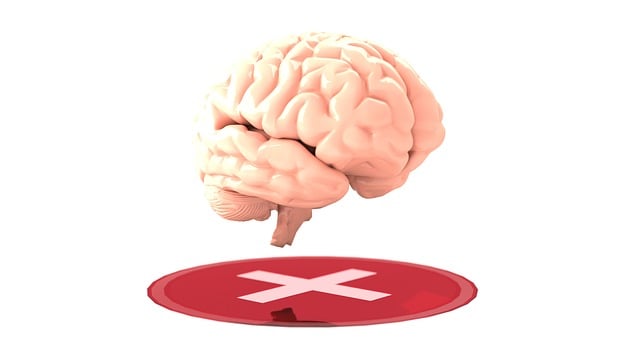Aurora Autism Spectrum Disorder (ASD) Therapy emphasizes cultural competency in healthcare through specialized training for mental health professionals, addressing biases that can impact ASD patients negatively. The program uses immersive simulations and workshops to teach effective communication strategies for non-verbal cues and sensory sensitivities, and fosters inclusivity by promoting empathy and diverse cultural awareness among staff. Continuous learning, including staying current with research and integrating stress management practices, ensures healthcare providers offer tailored, empathetic care to individuals on the autism spectrum, benefiting both patients and the healthcare workforce.
Cultural competency training is essential in healthcare, especially when addressing diverse patient populations, such as those with autism spectrum disorder (ASD). This article explores the critical need for effective communication skills and awareness of cultural biases impacting ASD patients. We delve into innovative training techniques like those offered by Aurora Autism Spectrum Disorder Therapy, focusing on strategies to create inclusive environments and foster sensitivity. Additionally, we discuss continuous learning as a key to long-term competency in ASD care.
- Understanding Cultural Competency in Healthcare: A Need for Effective Communication
- The Impact of Cultural Biases on Patients with Autism Spectrum Disorder (ASD)
- Aurora Autism Spectrum Disorder Therapy: Training Techniques for Healthcare Providers
- Creating an Inclusive Environment: Strategies for Sensitivity and Empathy
- Continuous Learning and Adaptation: Ensuring Long-Term Competency in ASD Care
Understanding Cultural Competency in Healthcare: A Need for Effective Communication

Cultural competency is an essential aspect of healthcare that involves understanding and appreciating diverse cultural beliefs, practices, and values within a medical setting. It goes beyond mere awareness; it equips healthcare providers to offer culturally sensitive care tailored to each patient’s unique background. This is particularly critical in areas like Aurora Autism Spectrum Disorder Therapy, where patients’ experiences are shaped by their cultural identities.
Effective communication forms the bedrock of cultural competency. Mental health professionals must be adept at listening to and interpreting patients’ stories, which often include complex interactions between cultural norms and mental health conditions. Considering the nuances of language, non-verbal cues, and family dynamics can significantly impact a patient’s experience. For instance, when conducting risk assessments for mental health professionals, as outlined in Mental Health Policy Analysis and Advocacy, cultural competency helps identify potential risks or barriers that may differ across diverse populations. Similarly, integrating this competency into risk management planning for mental health professionals, as part of a comprehensive approach, ensures a more inclusive and effective care delivery system.
The Impact of Cultural Biases on Patients with Autism Spectrum Disorder (ASD)

Cultural biases can significantly impact the healthcare experience for patients with Autism Spectrum Disorder (ASD), highlighting the critical need for Aurora Autism Spectrum Disorder Therapy training in cultural competency. Mental health professionals, often unaware of their unconscious preconceptions, may unintentionally perpetuate stereotypes or misjudge behaviors associated with ASD. This bias can lead to misdiagnosis, inadequate treatment plans, and a lack of empathy during interactions. For instance, a professional’s assumption that repetitive behaviors are a sign of low intelligence might discourage exploration of the individual’s unique cognitive strengths.
The risk assessment for mental health professionals should focus on fostering self-awareness exercises that promote positive thinking about ASD. By recognizing their own cultural biases and biases towards individuals with ASD, healthcare providers can create more inclusive environments. This shift in perspective enables better communication, ensures patient safety, and promotes effective therapy sessions tailored to each individual’s unique needs.
Aurora Autism Spectrum Disorder Therapy: Training Techniques for Healthcare Providers

Aurora Autism Spectrum Disorder (ASD) Therapy employs innovative training techniques to equip healthcare providers with the necessary skills to cater to the unique needs of individuals on the autism spectrum. These methods go beyond traditional educational models, fostering a deeper understanding of ASD through immersive simulations and interactive workshops. By participating in role-play scenarios, providers learn effective communication strategies tailored for non-verbal cues and sensory sensitivities often associated with autism.
The program’s emphasis on community outreach extends its impact beyond the clinic walls. Through partnerships with local support groups and initiatives focused on promoting inclusion, healthcare professionals gain practical insights into real-world challenges faced by individuals with ASD and their families. Additionally, self-care routine development is integrated into the training, recognizing that nurturing providers’ mental health is essential for delivering compassionate and sustained care to their patients with autism.
Creating an Inclusive Environment: Strategies for Sensitivity and Empathy

In creating an inclusive environment, healthcare providers play a pivotal role in fostering sensitivity and empathy among their staff. This involves actively promoting awareness about diverse cultural backgrounds, beliefs, and experiences. At Aurora Autism Spectrum Disorder Therapy, for instance, training sessions emphasize the importance of understanding individual needs and preferences. Strategies for empathy-building include active listening, where therapists encourage patients to express themselves openly without judgment. Mindfulness meditation techniques are also integrated into the program to enhance focus and emotional regulation, creating a safe space for both patients and practitioners.
Furthermore, regular workshops on cultural competency help staff members develop skills in effective communication and interaction with diverse patient groups. This could involve learning about non-verbal cues, different cultural practices, and beliefs that may shape how individuals perceive and engage with healthcare services. The Mental Wellness Podcast Series Production at Aurora has also been instrumental in sharing real-life experiences, providing insights into various cultural contexts, and inspiring practical empathy-building strategies among the healthcare team.
Continuous Learning and Adaptation: Ensuring Long-Term Competency in ASD Care

In the dynamic field of healthcare, continuous learning and adaptation are vital to ensuring long-term cultural competency in Autism Spectrum Disorder (ASD) care. As new research emerges and best practices evolve, healthcare providers must remain engaged in ongoing training programs that focus on enhancing their understanding of ASD’s complexities. This includes learning effective communication strategies, recognizing and addressing unique behavioral challenges, and tailoring therapeutic interventions to meet each individual’s needs. By embracing continuous education, healthcare professionals like those at Aurora Autism Spectrum Disorder Therapy can stay abreast of the latest advancements and adapt their practices accordingly.
Moreover, integrating stress management techniques, mental wellness promotion, and burnout prevention strategies into their professional toolkit is essential for maintaining cultural competency over time. Healthcare providers who prioritize self-care are better equipped to offer empathetic and compassionate care to individuals on the autism spectrum. This holistic approach not only benefits patients but also contributes to the overall sustainability of the healthcare workforce, ensuring that professionals can consistently deliver high-quality, culturally sensitive ASD therapy services.
Healthcare provider training in cultural competency, particularly focusing on strategies like those offered by Aurora Autism Spectrum Disorder Therapy, is crucial for delivering inclusive and effective care. By addressing biases and fostering empathy, as discussed in this article, we can significantly improve patient outcomes, especially for individuals with ASD. Continuous learning ensures healthcare providers remain adept at navigating the nuances of diverse patient needs, ultimately creating a more compassionate and accessible healthcare system.
